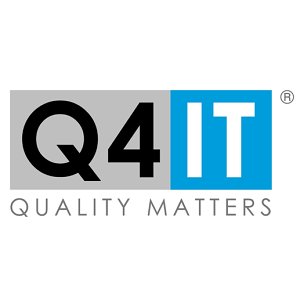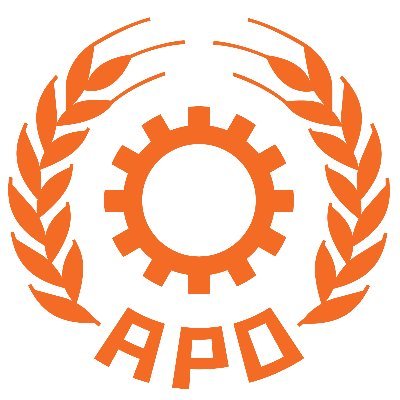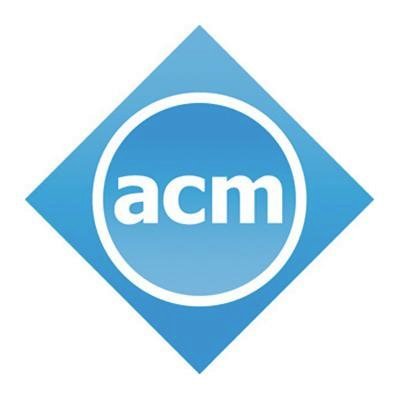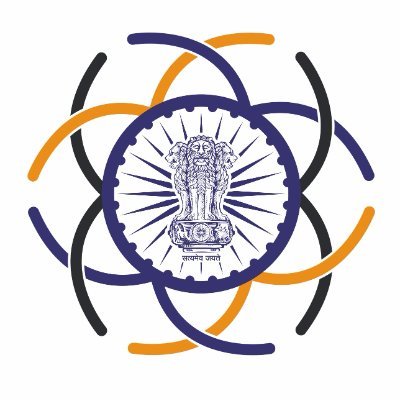#capabilitymodeling search results
@SergeThorn, @TechnologyTulip, @IncS2E, @Kotusev and @BalajiPrasad_ penned our top intriguing architecture articles for 2020. Thanks and congrats to you all! loom.ly/R-p3nOQ #busarch #enterprisearch #capabilitymodeling #systemsdesign #residuality #collaboration

Most companies that have embraced service-oriented architecture have applied it without first rethinking the design of their businesses. The Next Revolution in Productivity buff.ly/2ofHx8I #Design #OrgDesign #CapabilityModeling
Elevating IT from a service provider to a capability function that collaborates across the organization is explained in the DCMM Adoption Pocket Guide. #DCMM Digital Capabilities Management Model Guide.
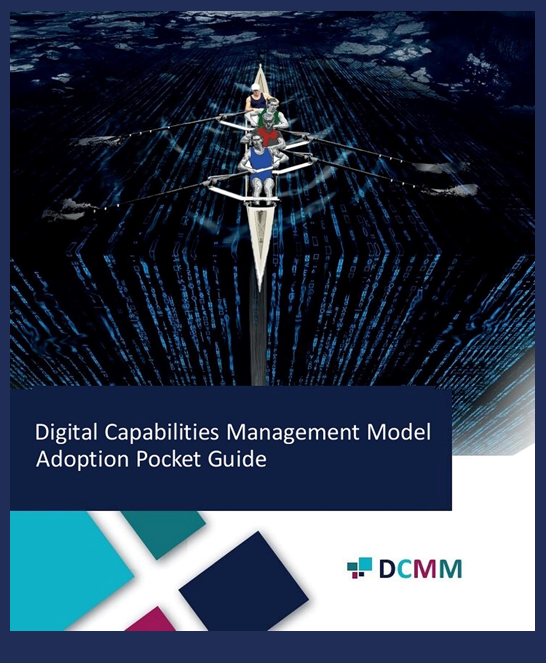
Workers are ready for AI. Leaders aren’t — and it’s holding transformation back. Our new report, “The Capability Curve,” exposes the confidence gap and what it takes to scale AI responsibly. The truth? Read the full report to find out. Download it here 👉…
5 capabilities that differentiate high-efficiency organizations — Companies seek the optimal formula for maintaining resilience, as a capacity for adapting to disruptions is strongly tied to a company’s overall efficiency. ow.ly/F0Ue50XvSn4
Learn how capability maturity models can help #SMEs achieve successful #digitaltransformation in the new #APO P-Insights report. It shares insights from the implementation of DigiCap in UK SMEs and introduces a new hybrid maturity model: zurl.co/7HtkE
🤖 Workers are ready for AI. Leaders aren’t — and it’s holding transformation back. Our new report, “The Capability Curve,” exposes the confidence gap and what it takes to scale AI responsibly. The truth? Read the full report to find out 👉…
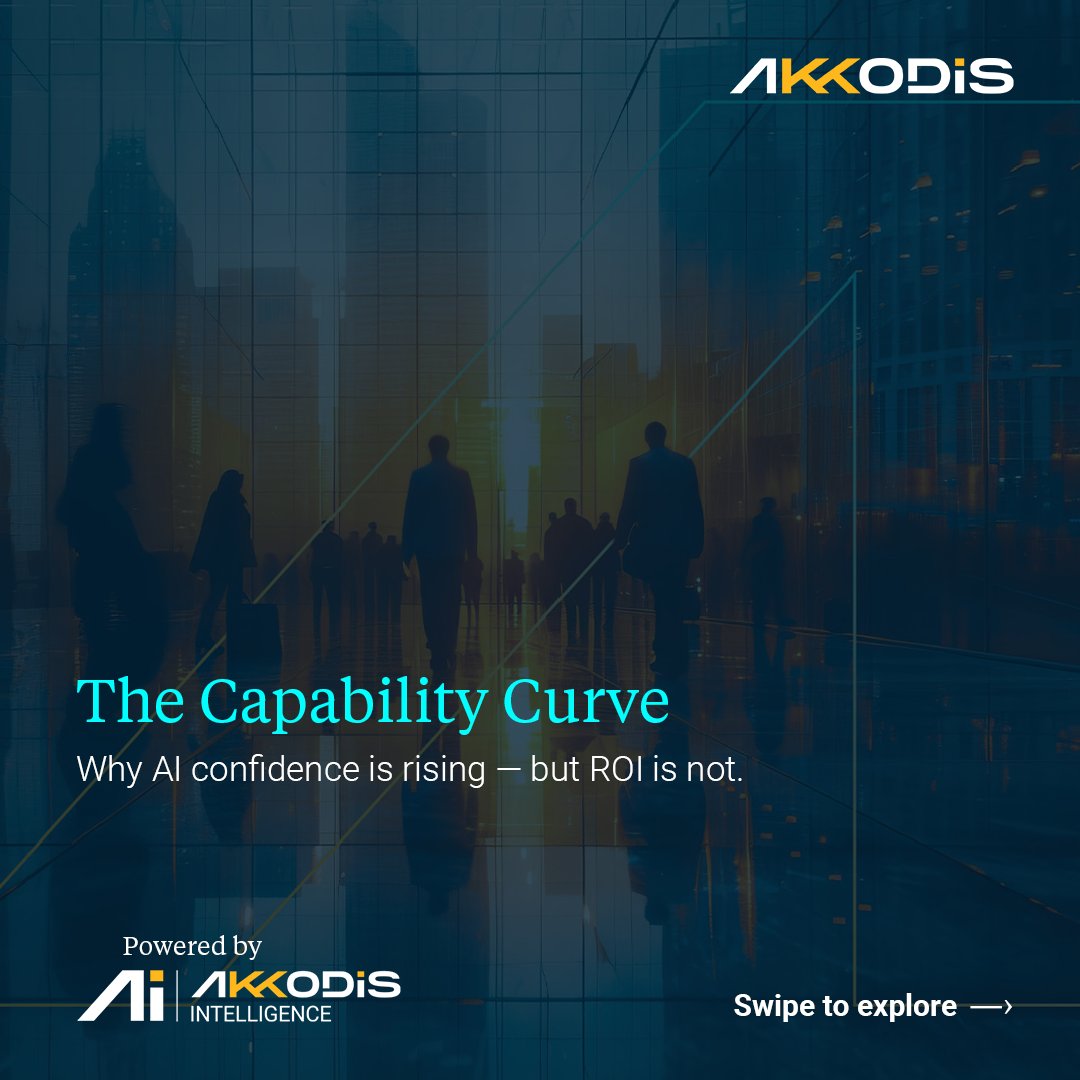
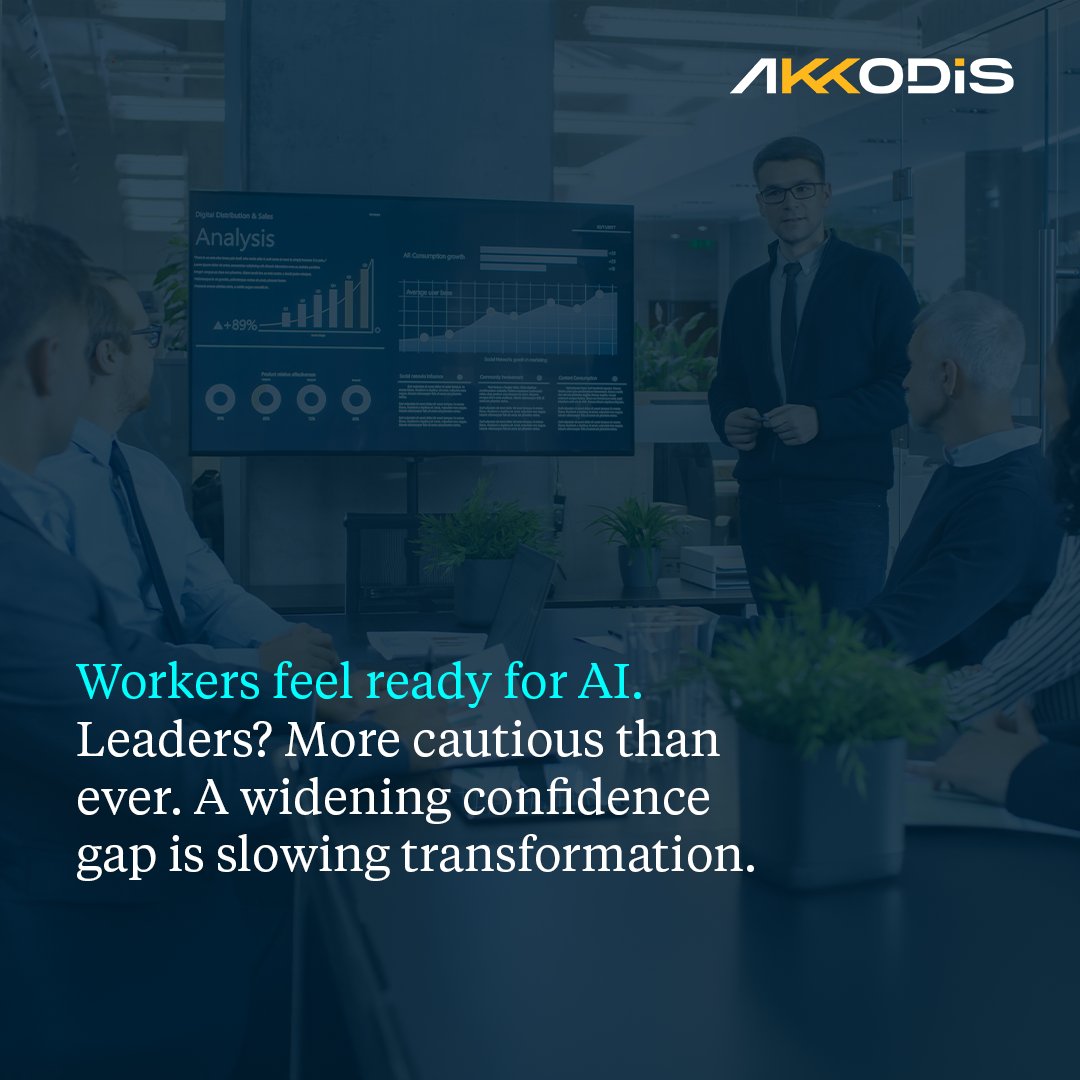
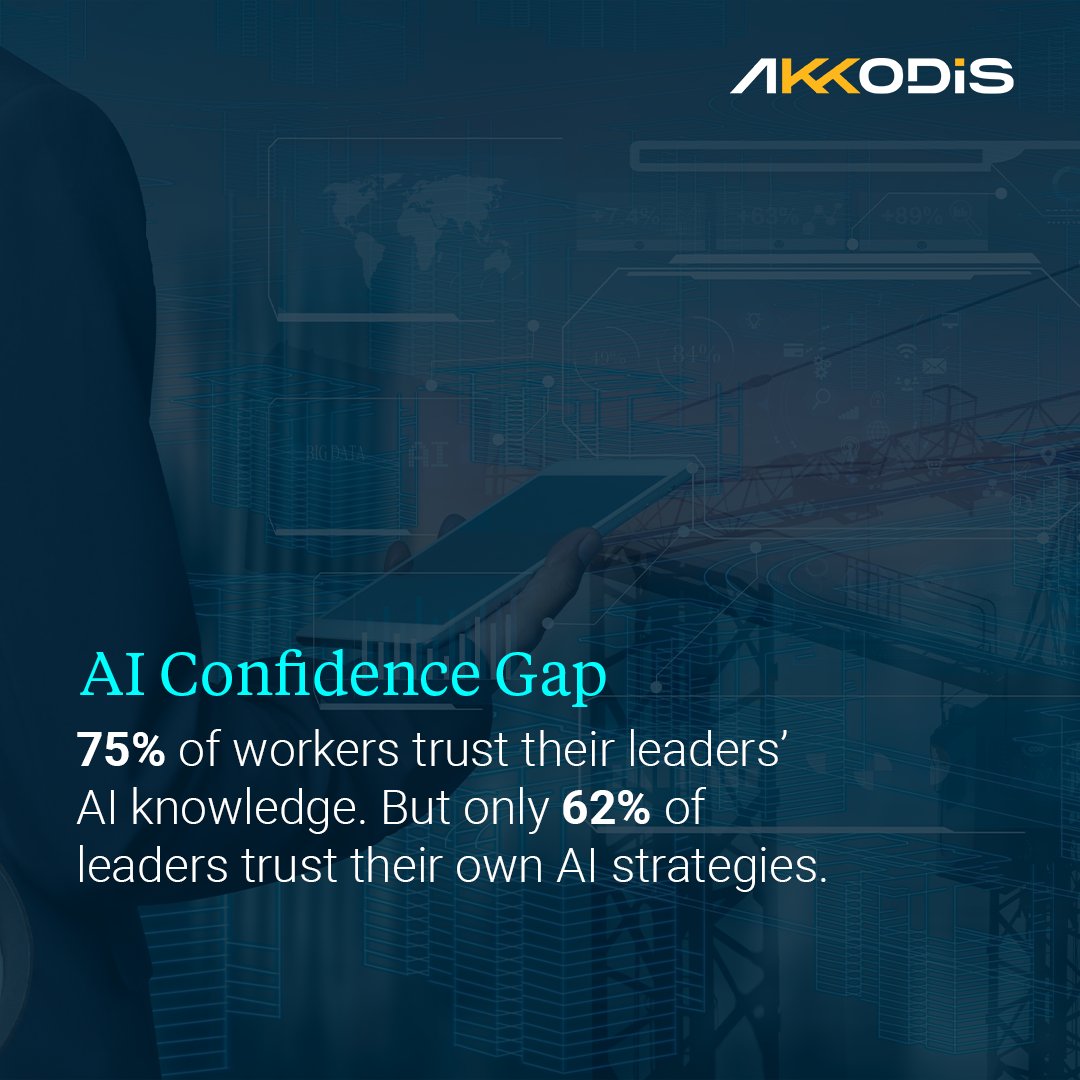

Moving beyond the “internal service provider” logic enables holistic, integrated capability management — where collaboration and shared resources become the core foundation. #DCMM model

(続き) ・能力形成は"competence→capability→mastery" ・能力(competence)は技能、臨床的意義、パフォーマンスの3要素の相互作用で生じる ・ケイパビリティ(capability)とは新しい状況に学びを応用できる力ともみなせ、mindlinesによって発達する
⭕️ Check out MultiLLM debate this new paper "Agent-based Modeling meets the Capability Approach for Human Development:": ⭕️ Consensus Review All debaters agree on the paper's core points: It operationalizes Sen's Capability Approach (CA) via agent-based modeling (ABM) and MDPs…
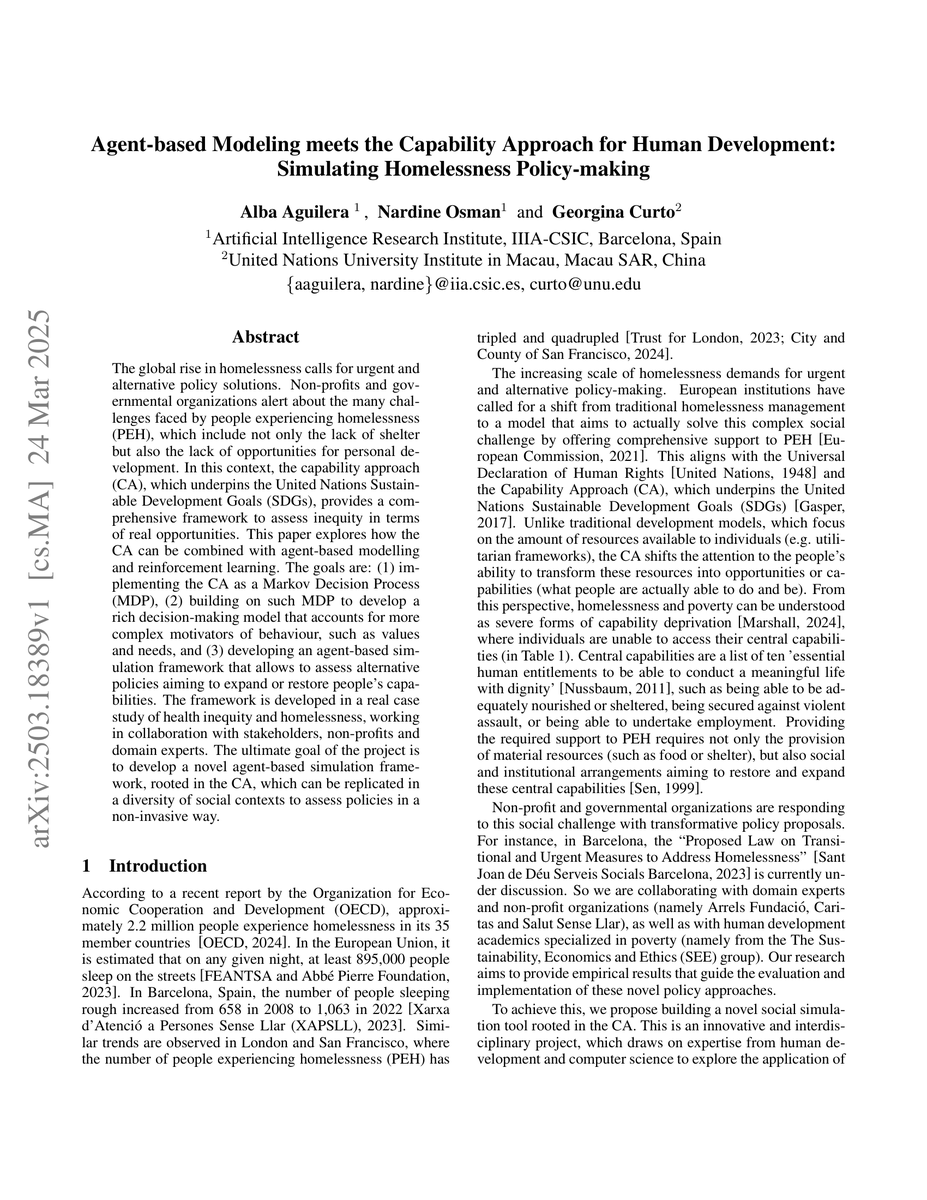
Getting a more and more clear picture of what's in-bounds and out-of-bounds for model capability.
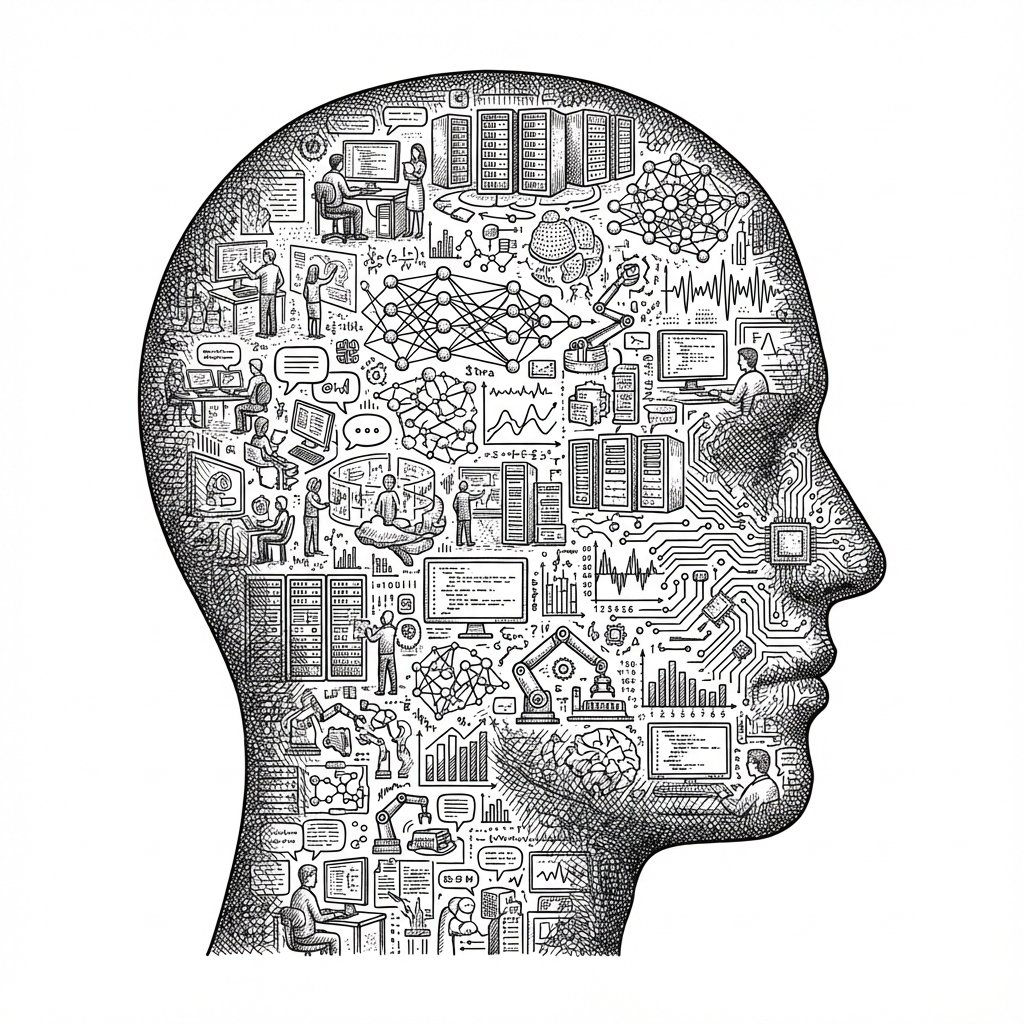
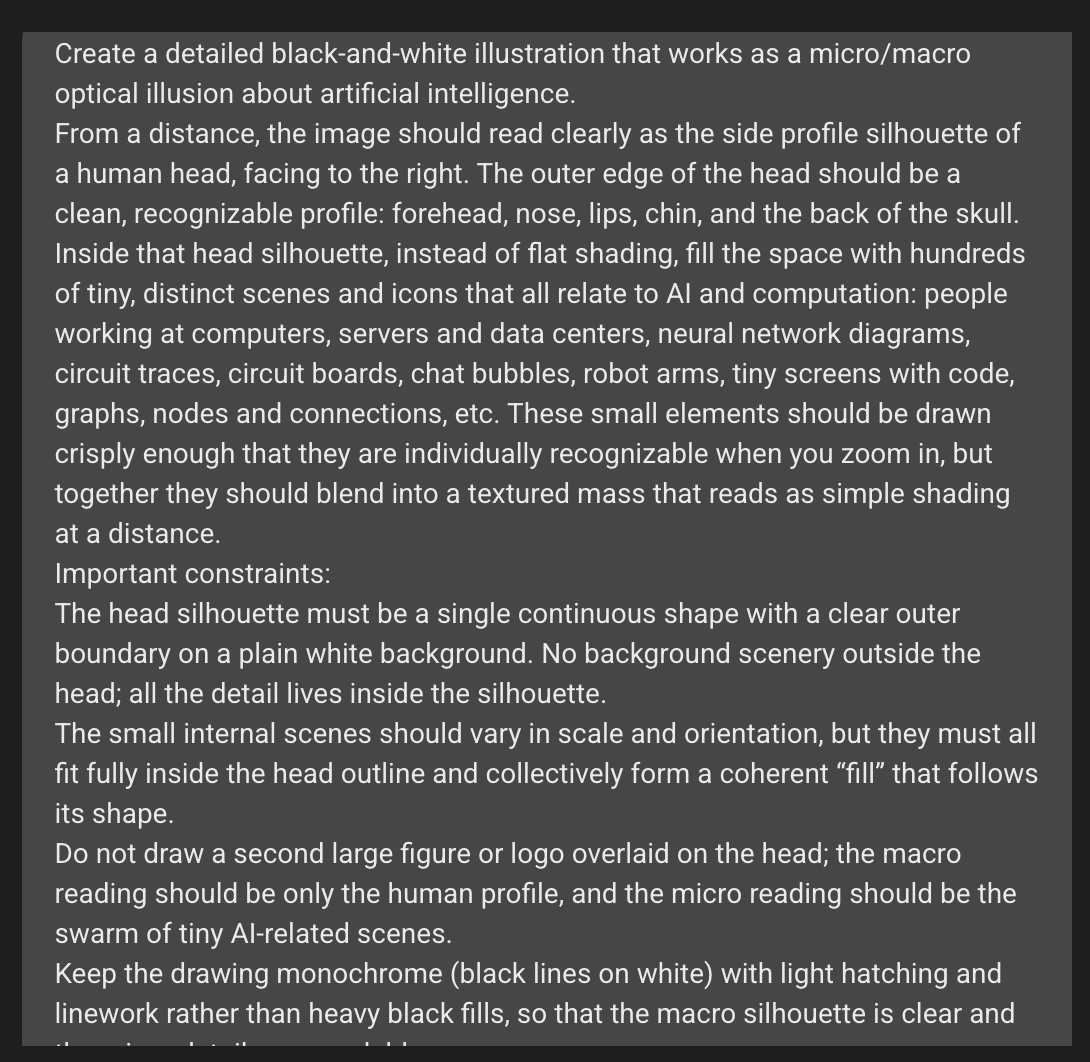
5 capabilities that differentiate high-efficiency organizations: Companies seek the optimal formula for maintaining resilience, as a capacity for adapting to disruptions is strongly tied to a company's overall efficiency. dlvr.it/TPNwZ0

3 LLMs' conclusions on this: "General Capability Dimension" research by @EpochAIResearch
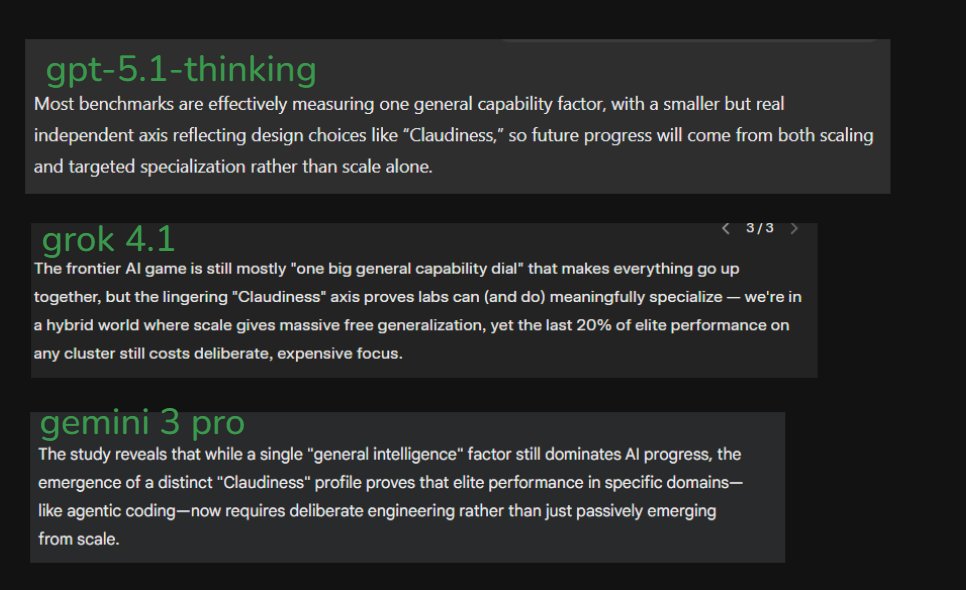
Benchmarking data is dominated by a single “General Capability” dimension. Is this due to good generalization across tasks, or to developers pushing on all benchmarks at once? 🧵 with some analysis, including the discovery of a “Claudiness” dimension.
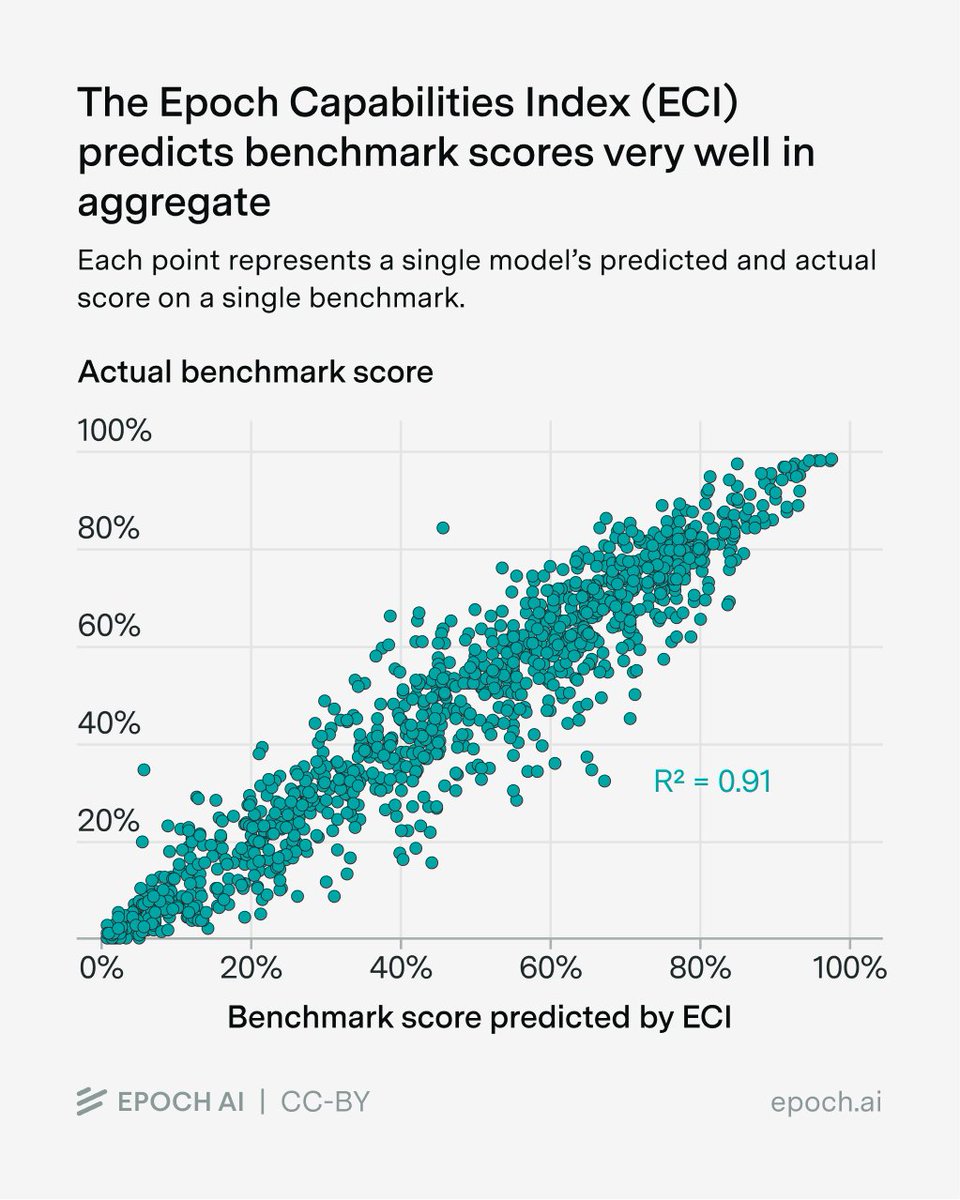
Is that all that benchmarks capture? Mostly yes. A Principal Component Analysis shows a single large “General Capability” component, though there is a second borderline-significant component too.
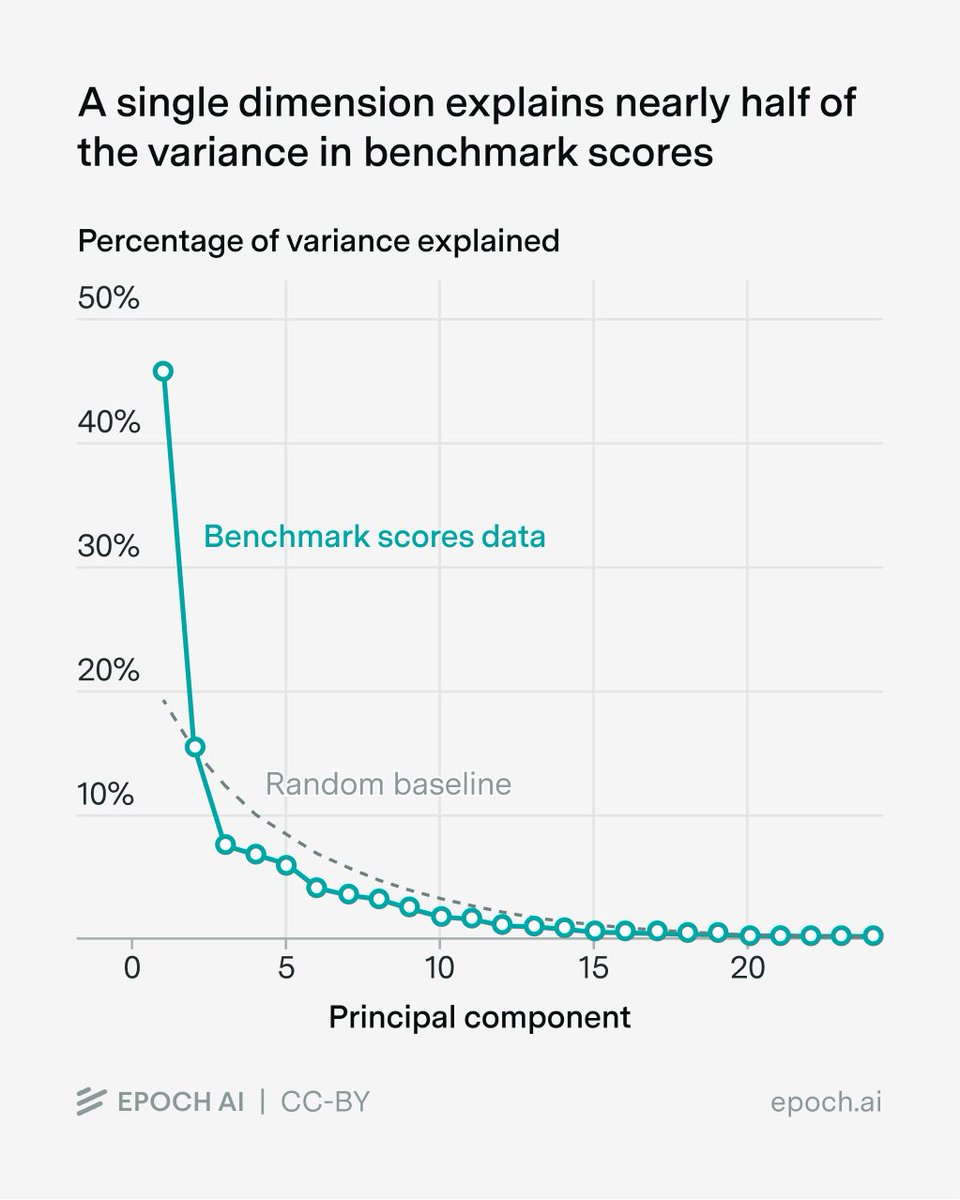
Benchmarking data is dominated by a single “General Capability” dimension. Is this due to good generalization across tasks, or to developers pushing on all benchmarks at once? 🧵 with some analysis, including the discovery of a “Claudiness” dimension.

A capability-driven automated cybersecurity monitoring and response system - Frontiers buff.ly/PxR4DOv
...& effective techniques for incorporating your key stakeholders. Learn how to prepare/facilitate collaborative modeling sessions w/tools such as Business Model Canvas, Event Storming, Domain Storytelling, Example Mapping, & Wardley Mapping. Pick/apply heuristics for modeling...
If you cannot show what happened to your last 10 “we’ll build it” calls, you are not managing capability. You are making bets. The fix: a Capability Ledger, one sheet that shows how your internal builds performed on time, budget, and adoption.
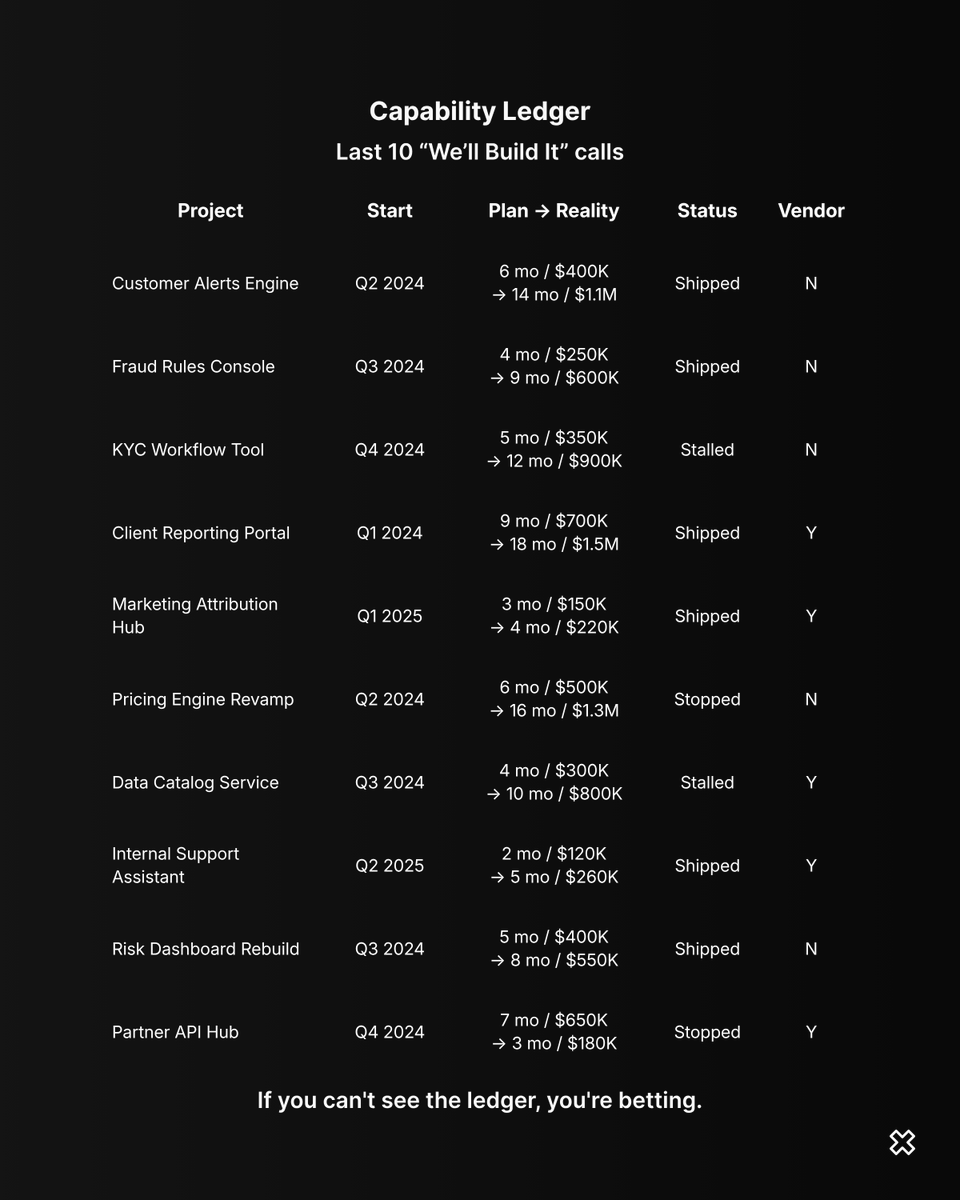
CAPABILITY TRUST • Demonstrate you know what you're talking about • Choose problems that advance the mission • Make good decisions under pressure • Deliver results, not just stories Respect follows competence.
Mission Karmayogi is empowering State Departments to systematically develop structured Capacity Building Plans aligned with assessed competency gaps, desired service delivery outcomes, and organisational priorities. (2/3)
I see this pattern every quarter: strong engineers, real skill, but no honest assessment of whether they can run what they’re proposing at production scale. That’s the capability delusion.
@SergeThorn, @TechnologyTulip, @IncS2E, @Kotusev and @BalajiPrasad_ penned our top intriguing architecture articles for 2020. Thanks and congrats to you all! loom.ly/R-p3nOQ #busarch #enterprisearch #capabilitymodeling #systemsdesign #residuality #collaboration

Something went wrong.
Something went wrong.
United States Trends
- 1. Luka 59.4K posts
- 2. Clippers 17.3K posts
- 3. Lakers 46.1K posts
- 4. #DWTS 94.2K posts
- 5. Dunn 6,464 posts
- 6. #LakeShow 3,438 posts
- 7. Robert 133K posts
- 8. Kawhi 6,036 posts
- 9. Reaves 11.1K posts
- 10. Jaxson Hayes 2,332 posts
- 11. Ty Lue 1,526 posts
- 12. Alix 15K posts
- 13. Collar 42K posts
- 14. Elaine 45.9K posts
- 15. Jordan 115K posts
- 16. Zubac 2,272 posts
- 17. Ezra 14.8K posts
- 18. NORMANI 6,191 posts
- 19. Dylan 34.2K posts
- 20. Colorado State 2,379 posts



